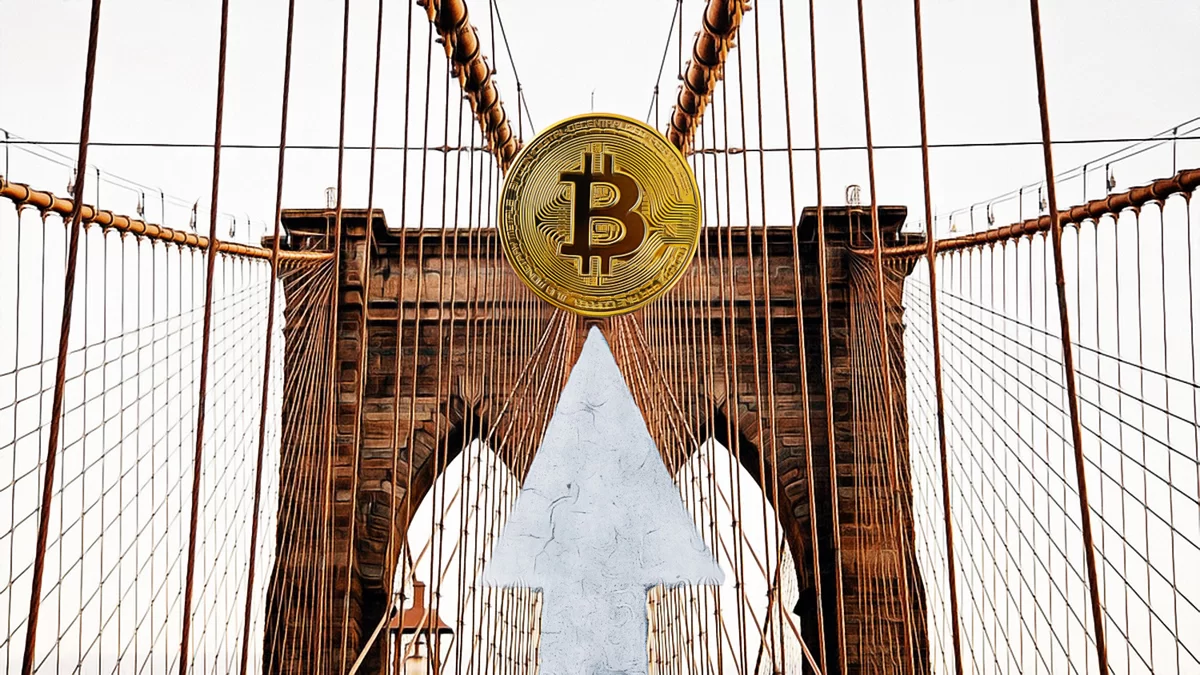Japanese financial holding company SBI Group has announced its partnership with Ripple and SBI Ripple Asia to offer fast and cost-effective remittance services with XRP to bank accounts in Southeast Asia through its international remittance services division, SBI Remit. SBI Remit has been using Ripple payment services since 2017 and became the first company to enable XRP remittances to crypto wallets in the Philippines in 2021. The adoption of Ripple in Japan continues despite legal issues in the United States.
XRP to Become a Bridge Currency
SBI Group, the Japanese financial holding company, has announced its partnership with Ripple and SBI Ripple Asia to offer XRP remittance services to various bank accounts in Southeast Asian countries through its international remittance services division, SBI Remit. The company emphasized that SBI Remit has been using Ripple payment services for international remittances since 2017.
Additionally, SBI Remit introduced crypto-enabled solutions in 2021 and claimed to be the first company to provide remittance services using XRP to crypto wallets in the Philippines. With the new update, the payment technology service will be expanded to bank accounts in the Philippines, Vietnam, and Indonesia. Through the program, SBI Remit will utilize XRP as a bridge currency to enable fast and cost-effective remittances.

Ripple Continues to be Adopted in Japan
According to the announcement, SBI expects the adoption to accelerate due to the high volume of remittances to bank accounts in the aforementioned countries. Meanwhile, SBI highlighted its partnership with cross-border payment solutions company Tranglo to enable the expansion. SBI did not provide a specific date for the launch of the service but emphasized that it would be available within this month.
Despite the ongoing legal case in the United States, Ripple’s services continue to be adopted in Japan. On April 17, Japanese banks Yamaguchi, Momiji, and Kitakyushu started supporting a remittance service called MoneyTap P2P based on RippleNet. The banks collectively have over 170 local branches and are considered some of the largest players in the country’s banking sector.









